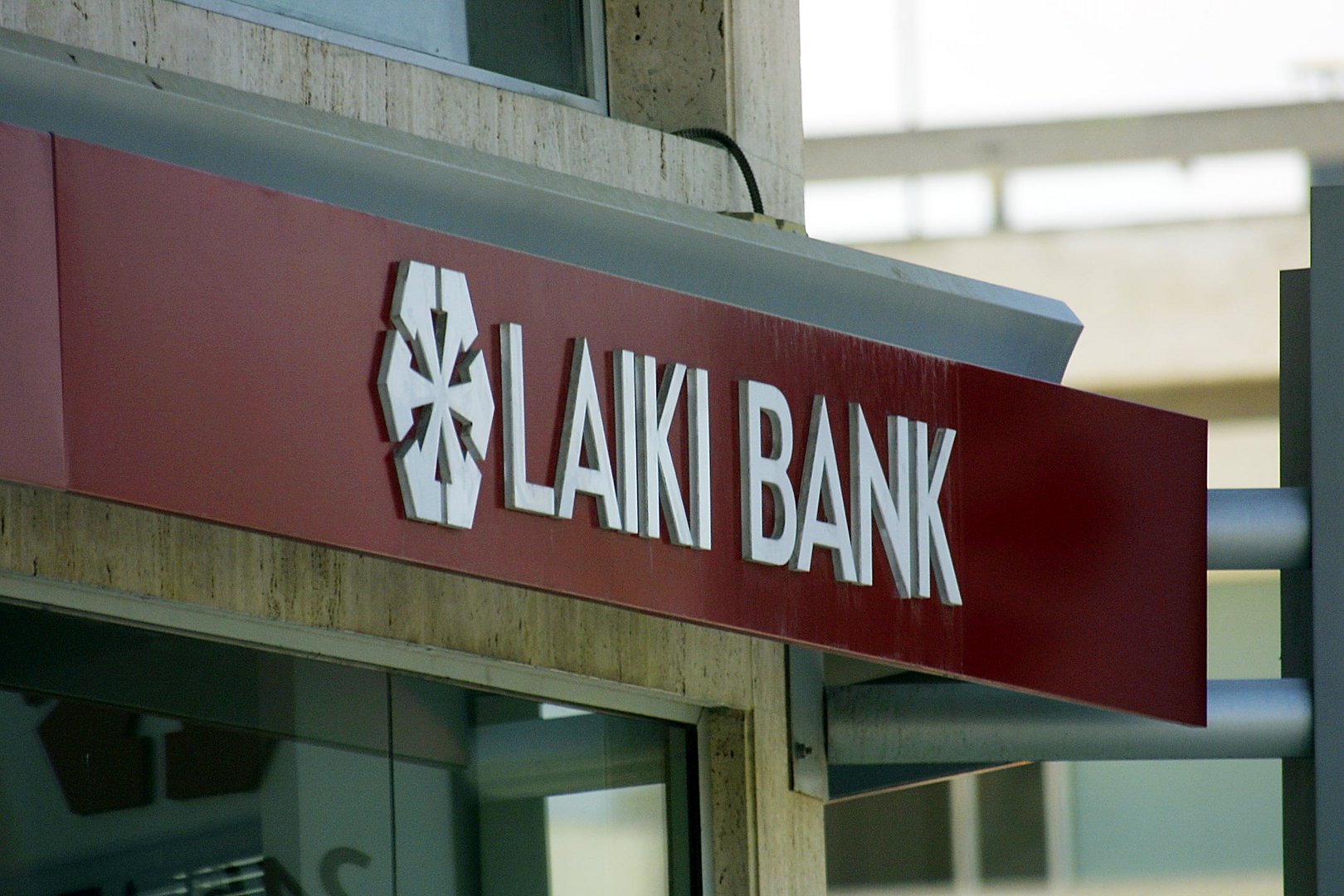A court decision awarding over €780,000 to a depositor who lost his Laiki Bank savings due to the 2013 ‘haircut’ ignited a wave of reactions on Thursday, with the attorney general’s office immediately appealing the decision, while others slammed the “golden boys” at the banks for prioritising their bonuses over due diligence.
The decision, made at Limassol district court on Wednesday, marks the first time since Cyprus’ bail-in that a plaintiff had won a case over their deposits. All previous court cases have failed.
The court ruled the Central Bank (CBC) – and consequently the Republic of Cyprus, had been negligent in their handling of the financial crisis in 2009 and the lead up to the haircut.
As a result, the Russian depositor was awarded €780,833 in his lawsuit against Laiki Bank, its administrator, the Central Bank of Cyprus (CBC) and the government itself.
“The court decision is the first to vindicate a claimant in a case of such nature and deviates from all previous decisions issued to date, where similar claims were rejected,” the attorney general said.
After studying the decision, the AG’s office deemed this should be appealed and a special team is preparing the paperwork.
In its ruling, Limassol district court said “the financial crisis which hit Cyprus in 2009 was not handled the way it should have from the government, which is the responsible institution for planning, developing and protecting the economy.
“Nor [was it handled] by the CBC, which is the oversight body for the financial system and the proper operation of banks,” which is tasked with protecting deposits, including those of the plaintiff.
Commenting on the decision, head of the Laiki Bank depositors’ support group (Sykala), Adonis Papanastasiou told CNA the difference in this case compared to previous ones, was that the judge did not limit himself to the CBC’s claims that the decisions were made to save insured depositors (those with under €100,000 in their accounts) in 2013.
Instead, the judge examined the government’s and CBC’s decisions and omissions, which he said led to the 2013 crisis.
Papanastasiou cited the haircut on Greek government bonds (Psi) as an example, which resulted in €4.5 billion in losses for Cypriot banks.
“One cannot start off saying we were in this situation in 2013. For us to be there, things happened before that.”
The CBC, he added, had not exercised the required supervisory control and the Cyprus banks were liable, as they were buying Greek bonds at the very time European banks were selling them.
“The golden boys of the banks were paid according to the profits the banks had on their balance sheets,” he said, recalling that something similar had happened in the 2000 stock market crisis.
The court found the government negligent because it did not turn to European mechanisms in time for a loan and then “without seriousness and planning” opted for a loan without knowing the bank’s needs, which were greater than those of the state.
The court also slammed former President Nicos Anastasiades himself, whose statements that he would never allow a haircut on deposits, led the plaintiff not to withdraw their savings from the bank. As a result, the depositor was found to have suffered real damage through their loss from the haircut.
Anastasiades’ statements, seen as a representative of the state, embroil the Republic of Cyprus in its responsibilities towards the plaintiff.
Though the government had an obligation to know that states would support the banks that could not recapitalise themselves, it was faced with dilemmas when the loan it requested was not approved. Nonetheless, the court found fault with the government’s “unwillingness to take measures for wage cuts and to meet the conditions to secure a loan”.
Where the Central Bank of Cyprus is concerned, the court said in its judgement that it “allowed the banking sector to expand without control or protection of depositors’ interests and without taking measures to address the lack of liquidity, which since 2010 was found by the CBC itself to be under pressure”.
“No effective measures were taken to correct the financial problems faced by Laiki Bank and the CBC was dragged behind the actions of the government, which stubbornly refused to take measures to improve the state’s finances,” the ruling said.
It stressed the Central Bank did not act independently, as it should have, and did not evaluate the government’s failures.
Asked how many cases are pending for Laiki Bank haircut depositors, Papaconstantinou said he could not know, since the Supreme Court had rejected the association’s request to try a pilot case for all of them.
“There are too many cases, too many lawyers involved. It is difficult to give an answer in terms of the number of pending cases,” he said.
Asked whether this decision will be considered a precedent, Panaconstantinou noted that any decision which is finalised can be considered a precedent. He added, however, that “there is this case, which was successful, and other decisions where the outcome was negative.”
“I assume that those we are paying, the CBC and legal services, will again pay expensive lawyers to appeal it. They have the resources while the depositors have been ripped off.”
The depositor initially sought €1.6m in damages over the haircut that was imposed in March 2013 by the Eurogroup, as part of Cyprus’ bailout package in the midst of its financial crisis. According to International Monetary Fund data, the total deposits which were shaved off amounted to around €8 billion, of which €3.7bn were with the Laiki Bank at the time, which was then put into liquidation.







Click here to change your cookie preferences